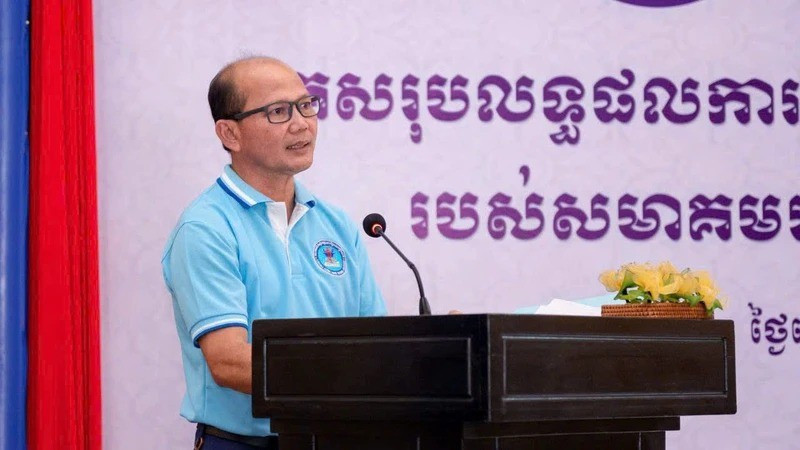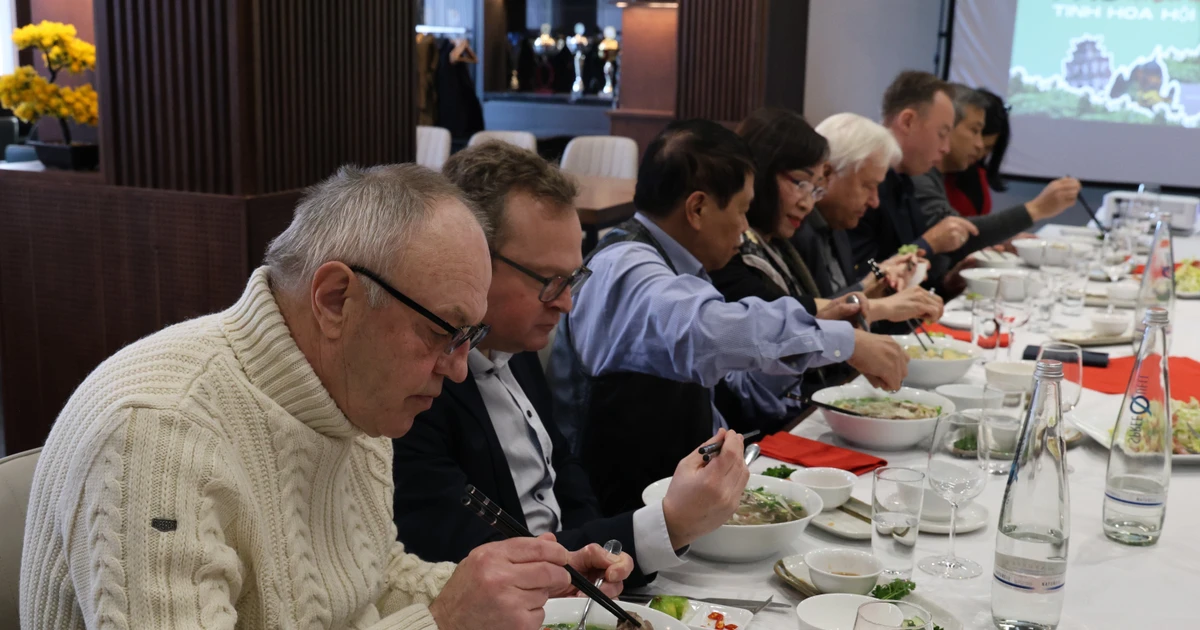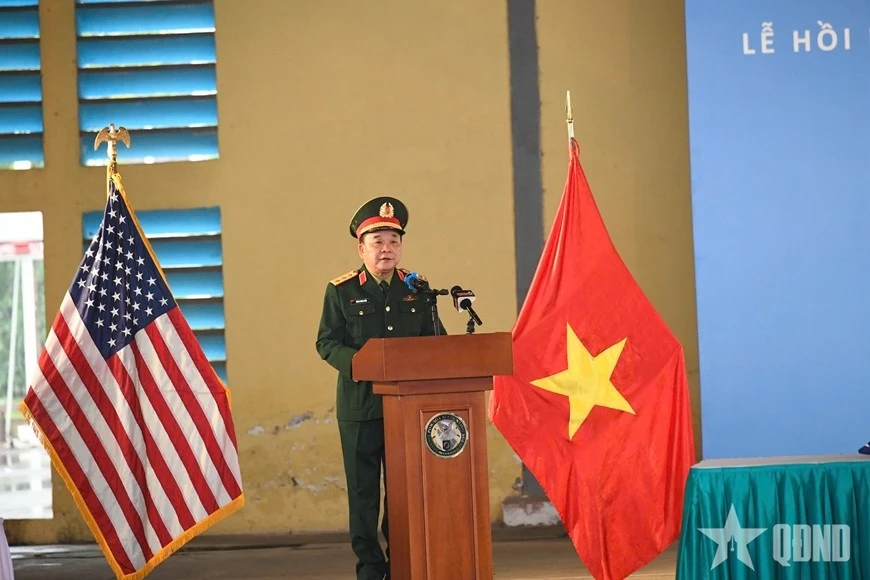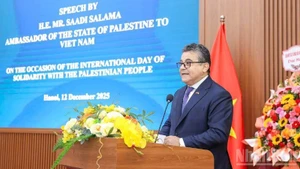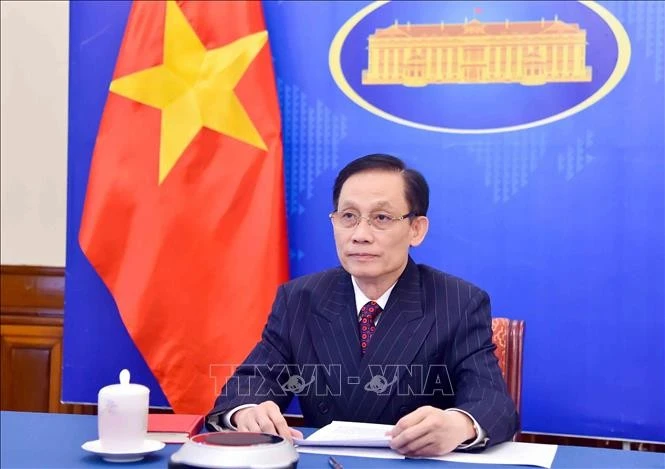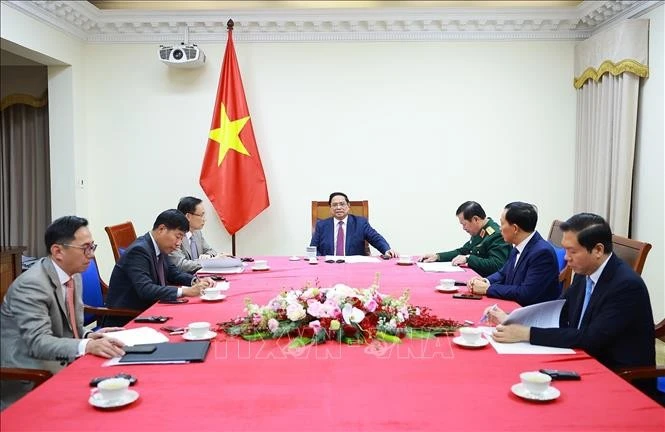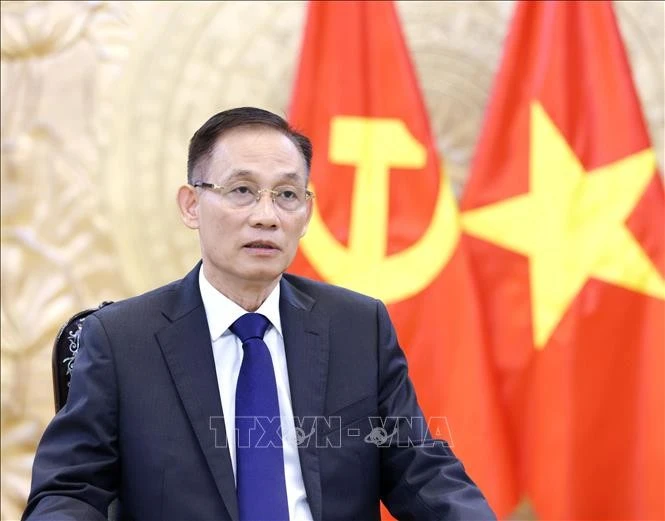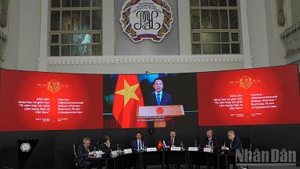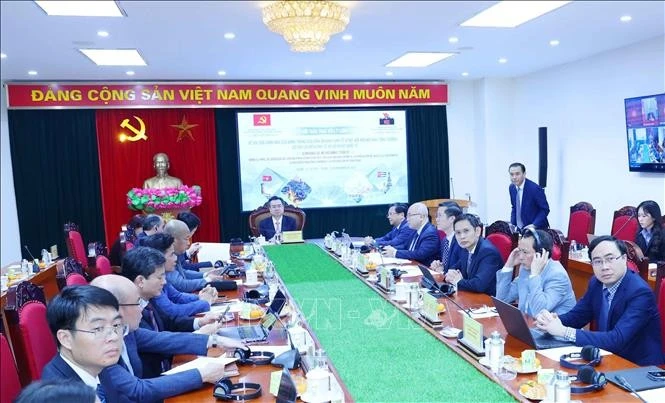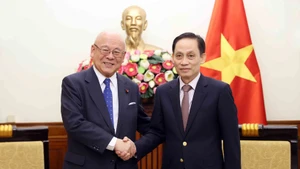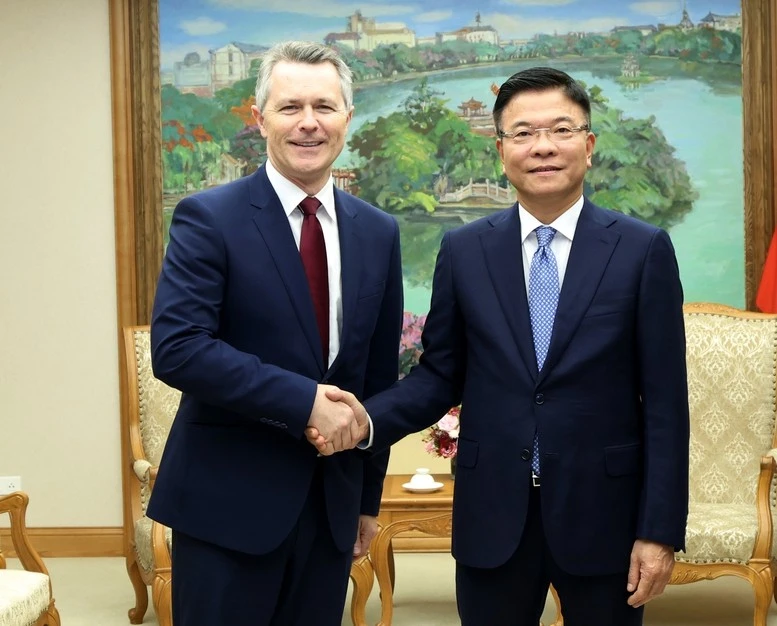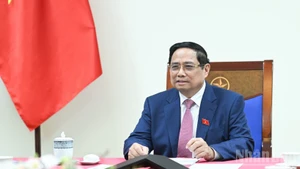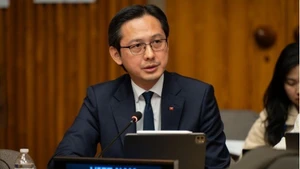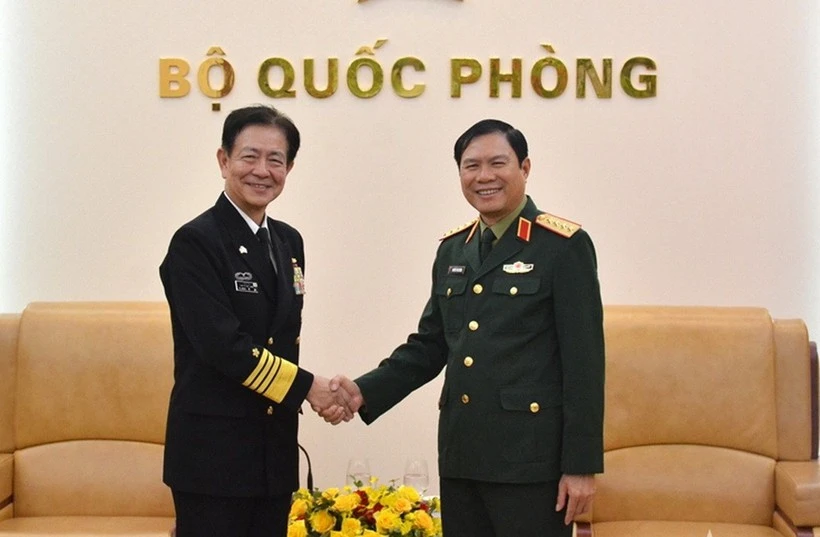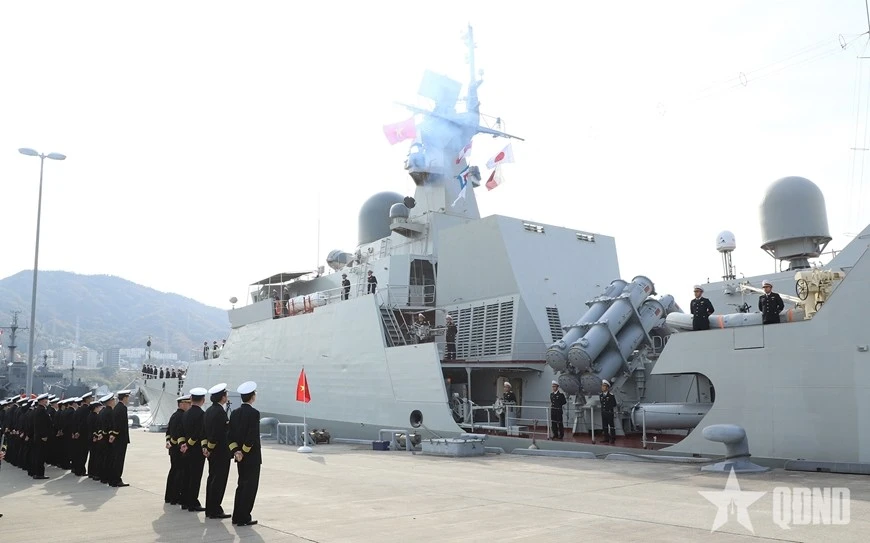This was affirmed by Scholar Uch Leang, Deputy Director of the Department of Asian, African, and Middle-East Studies under the International Relations Institute of Cambodia at the Royal Academy of Cambodia and President of the Association of Cambodian Alumni in Vietnam in an interview with Nhan Dan Newspaper correspondent in Cambodia.
That victory ended the war in Indochina, paving the way for countries in the region to escape the pressure of the US. It marked a turning point that enabled the three nations of Cambodia, Vietnam, and Laos to begin their development and embark on a new era of national progress.
For Cambodia, it is unfortunate that the country subsequently went through the genocidal Khmer Rouge regime. Cambodia was liberated thanks to the assistance of Vietnamese volunteer soldiers.
This act stands as a testament to the solidarity among the three Indochinese nations, who have always supported and assisted one another during wartime as well as in times of peace, national construction and development. Both Cambodia and Vietnam are now working to improve their people's livelihoods and elevate their standing on the international stage.
On the occasion of the 50th anniversary of the Liberation of the South and National Reunification (April 30, 1975 – 2025), Professor of Historical Sciences Vladimir Kolotov, Head of the Ho Chi Minh Institute at Saint Petersburg State University, affirmed that this historic victory was of epochal significance. The young Democratic Republic of Vietnam led the progressive forces of humanity in the fight against imperialism and neo-colonialism led by the US, achieving a resounding victory.
Over the past decades, a unified Vietnam has significantly enhanced its international prestige, becoming a highly regarded member of multilateral institutions such as the United Nations and the Association of Southeast Asian Nations (ASEAN). These are among the undeniable achievements that Vietnam has attained over the past 50 years.
